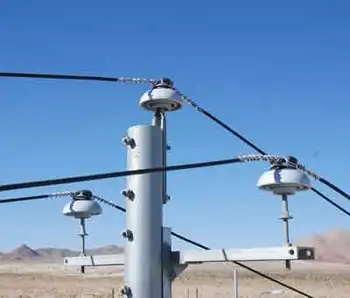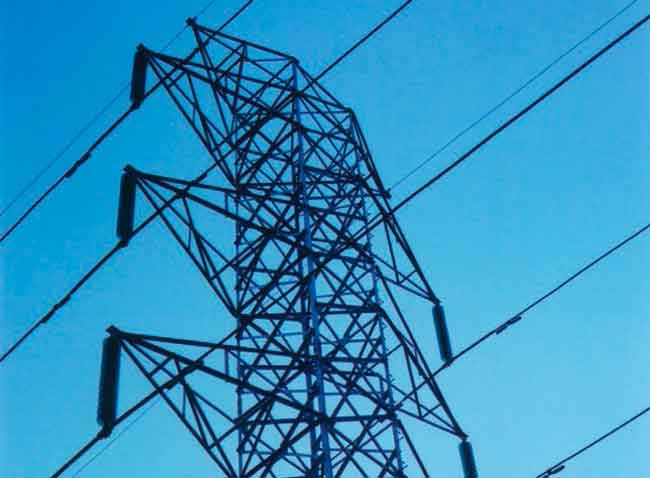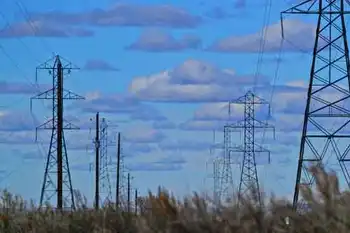Governor signs bills restricting shutoffs
The five bills Governor Jennifer Granholm signed into law especially protect low-income customers and seniors from losing their power and heat.
The measures were prompted by the January death of Marvin Schur, a 93-year-old Bay City man who froze inside his home after Bay City Electric Light & Power installed a power-limiting device because of unpaid bills.
Schur could afford to pay the $1,000 in past-due bills but had no immediate family in the area to help him deal with his shut-off notices. Neighbors on January 17 found Schur dead on his bedroom floor in a winter jacket over four layers of clothing. The windows were frosted over and icicles hung from a faucet.
Four days earlier, a worker with the city-owned utility installed a "limiter" on Schur's electric meter after four months of unpaid bills. The device restricts power and blows like a fuse if usage rises past a set level. Electricity is not restored until the device is flipped back on by the homeowner, who must walk outside to the meter.
Bay City Electric Light & Power didn't contact Schur face-to-face to notify him of the device and explain how it works, instead following its usual policy by leaving a note on the door. It's unlikely Schur saw the notice.
Bay County authorities decided in April against filing criminal charges. Schur's family has filed a civil suit against Bay City and the utility. Schur left his entire estate, worth an estimated $600,000, to a Bay City hospital.
The five bills Granholm signed protect eligible low-income customers and seniors from municipal utility shutoffs, govern shut-off notices and procedures and permit the state attorney general or a customer to bring a civil action against a municipal utility in shut-off cases involving serious injury or death.
The bills also require municipal utilities to make efforts to identify customers who are 65 or older and requires the state to give utilities information about people who have applied for or are receiving public assistance so they can be helped to reduce energy costs and prevent shutoffs.
Michigan's big, state-regulated utilities such as DTE Energy and Consumers Energy Co., along with cooperatives, are not allowed to shut off power to senior citizens in the winter and must offer payment plans to the poor. State regulators also discourage the use of limiters.
But Michigan's 41 smaller municipal utilities — Bay City's included — are not overseen by the state, so new laws had to be passed to make customer shut-off protections uniform statewide.
Granholm urged customers wondering if they're eligible for heating assistance or shut-off protection to go to the state Helping Hands Web site at http://www.michigan.gov/helpinghand.
Related News

Frustration Mounts as Houston's Power Outage Extends
TEXAS - Houston is enduring significant frustration and hardship as a power outage stretches into its fourth day amid a sweltering heatwave. The extended blackout has exacerbated the challenges faced by residents in one of the nation’s largest and most dynamic cities, underscoring the critical need for reliable infrastructure and effective emergency response systems.
The power outage began early in the week, coinciding with a severe heatwave that has driven temperatures to dangerous levels. With the city experiencing some of the highest temperatures of the year, the lack of electricity has left residents without essential cooling, contributing to widespread discomfort…




